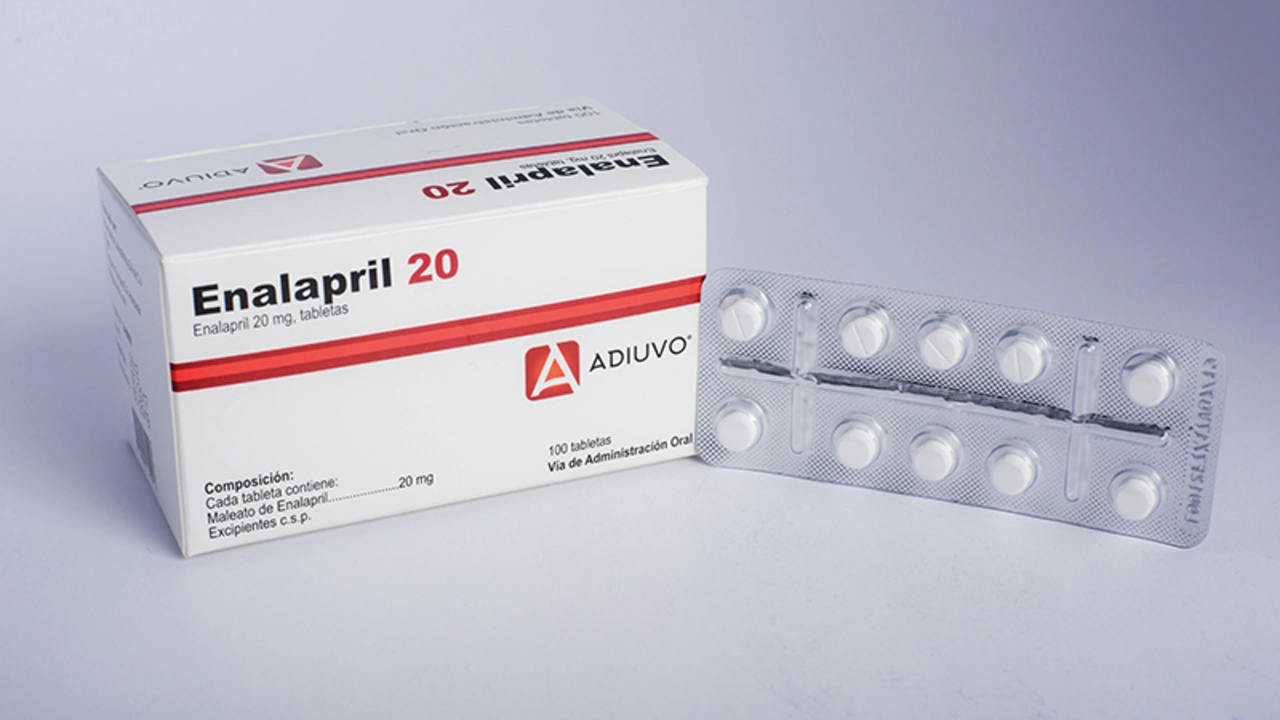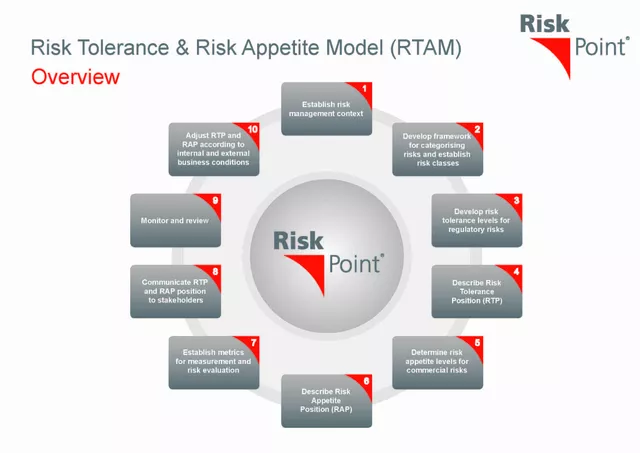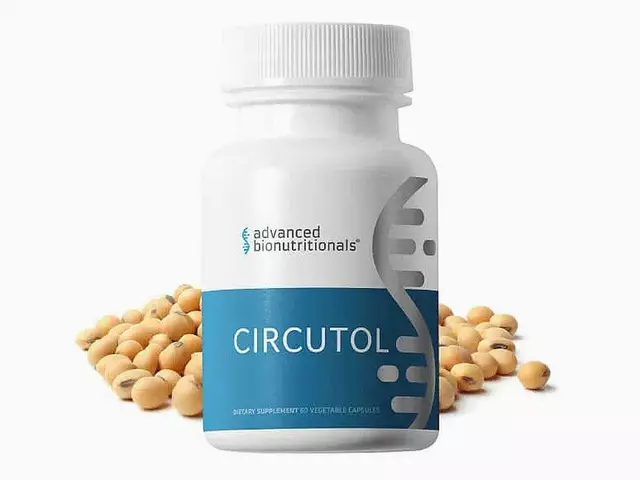
Understanding Enalapril-Hydrochlorothiazide Overdose
Before we dive into managing an overdose of enalapril-hydrochlorothiazide, it's important to understand what this medication is and how an overdose can occur. Enalapril-hydrochlorothiazide is a combination of two drugs used to treat high blood pressure (hypertension). Enalapril is an angiotensin-converting enzyme (ACE) inhibitor, while hydrochlorothiazide is a diuretic (water pill). Together, these drugs help lower blood pressure by relaxing blood vessels and removing excess fluid from the body.
An overdose can occur when someone takes more enalapril-hydrochlorothiazide than prescribed or recommended. Overdose symptoms may include dizziness, weakness, nausea, vomiting, and even more severe effects, such as low blood pressure, electrolyte imbalances, and kidney failure. If you or someone you know is experiencing an overdose, it's crucial to act quickly and follow the appropriate steps to manage the situation.
Recognizing the Signs of an Overdose
The first step in managing an enalapril-hydrochlorothiazide overdose is recognizing the signs and symptoms. Early detection can make a significant difference in the outcome of an overdose situation. Some common signs of an enalapril-hydrochlorothiazide overdose may include:
- Dizziness or lightheadedness
- Weakness or fatigue
- Nausea and vomiting
- Increased thirst or dry mouth
- Confusion
- Rapid or irregular heartbeat
- Decreased urine output
- Seizures or loss of consciousness
If you notice any of these symptoms in someone who has taken enalapril-hydrochlorothiazide, it's important to act fast and seek medical help immediately.
Calling for Emergency Help
If you suspect an enalapril-hydrochlorothiazide overdose, call your local emergency number or poison control center right away. Do not try to self-treat or wait for symptoms to improve. Prompt medical attention is crucial to minimize the risk of severe complications and improve the chances of a successful recovery.
When calling for help, provide as much information as possible about the situation, including the person's age, weight, and any existing medical conditions. Also, try to provide details about the medication, such as the dose taken, the time it was taken, and any other medications the person may be taking. This information will help the emergency responders provide the best possible care.
Administering First Aid
While waiting for medical help to arrive, there are some first aid measures you can take to assist the person experiencing an overdose. Keep in mind that these steps should not replace professional medical care, but they can help stabilize the person's condition until help arrives.
- Keep the person calm and comfortable. Encourage them to lie down with their legs elevated slightly to help maintain blood flow to the brain.
- Monitor the person's breathing and pulse. If they stop breathing or lose their pulse, begin CPR immediately.
- Do not induce vomiting unless instructed to do so by a healthcare professional or poison control center. This could cause further harm to the person.
- Stay with the person until medical help arrives. Your presence and support can be comforting during this challenging time.
Recovering from an Overdose
Once the person has received medical care for their enalapril-hydrochlorothiazide overdose, the recovery process will depend on the severity of the overdose and any complications that may have occurred. In some cases, the person may be able to return home after a short period of observation. In more severe cases, they may need to be hospitalized for further treatment and monitoring.
During recovery, it's essential for the person to follow their healthcare provider's instructions and attend any necessary follow-up appointments. They may also need to make adjustments to their medication regimen to prevent future overdoses. It's crucial to communicate openly with healthcare providers and ask questions about any concerns or uncertainties regarding the medication and its proper use.
Preventing Future Overdoses
Preventing future overdoses of enalapril-hydrochlorothiazide is vital to ensure the ongoing health and well-being of the person taking the medication. Some steps that can be taken to help prevent future overdoses include:
- Take the medication exactly as prescribed and follow healthcare provider's instructions carefully.
- Use a pill organizer or medication reminder app to help keep track of doses and avoid accidentally taking too much.
- Keep all medications out of reach of children and pets to prevent accidental ingestion.
- Discuss any concerns or questions about the medication with a healthcare provider. They can provide guidance and support to help ensure the safe and effective use of enalapril-hydrochlorothiazide.
By following these steps and staying vigilant about proper medication use, the risk of future enalapril-hydrochlorothiazide overdoses can be significantly reduced.




j jon
June 19, 2023 AT 20:01Jules Tompkins
June 20, 2023 AT 17:59Sabrina Bergas
June 21, 2023 AT 15:30Melvin Thoede
June 22, 2023 AT 09:57Suzanne Lucas
June 23, 2023 AT 07:47Ash Damle
June 23, 2023 AT 15:59Kevin Ouellette
June 24, 2023 AT 00:36Tanya Willey
June 24, 2023 AT 06:47sarat babu
June 24, 2023 AT 12:09Richard H. Martin
June 25, 2023 AT 03:13Tim H
June 25, 2023 AT 04:35Umesh Sukhwani
June 25, 2023 AT 13:37Vishnupriya Srivastava
June 26, 2023 AT 07:31Armando Rodriguez
June 26, 2023 AT 16:36Matt Renner
June 27, 2023 AT 12:22